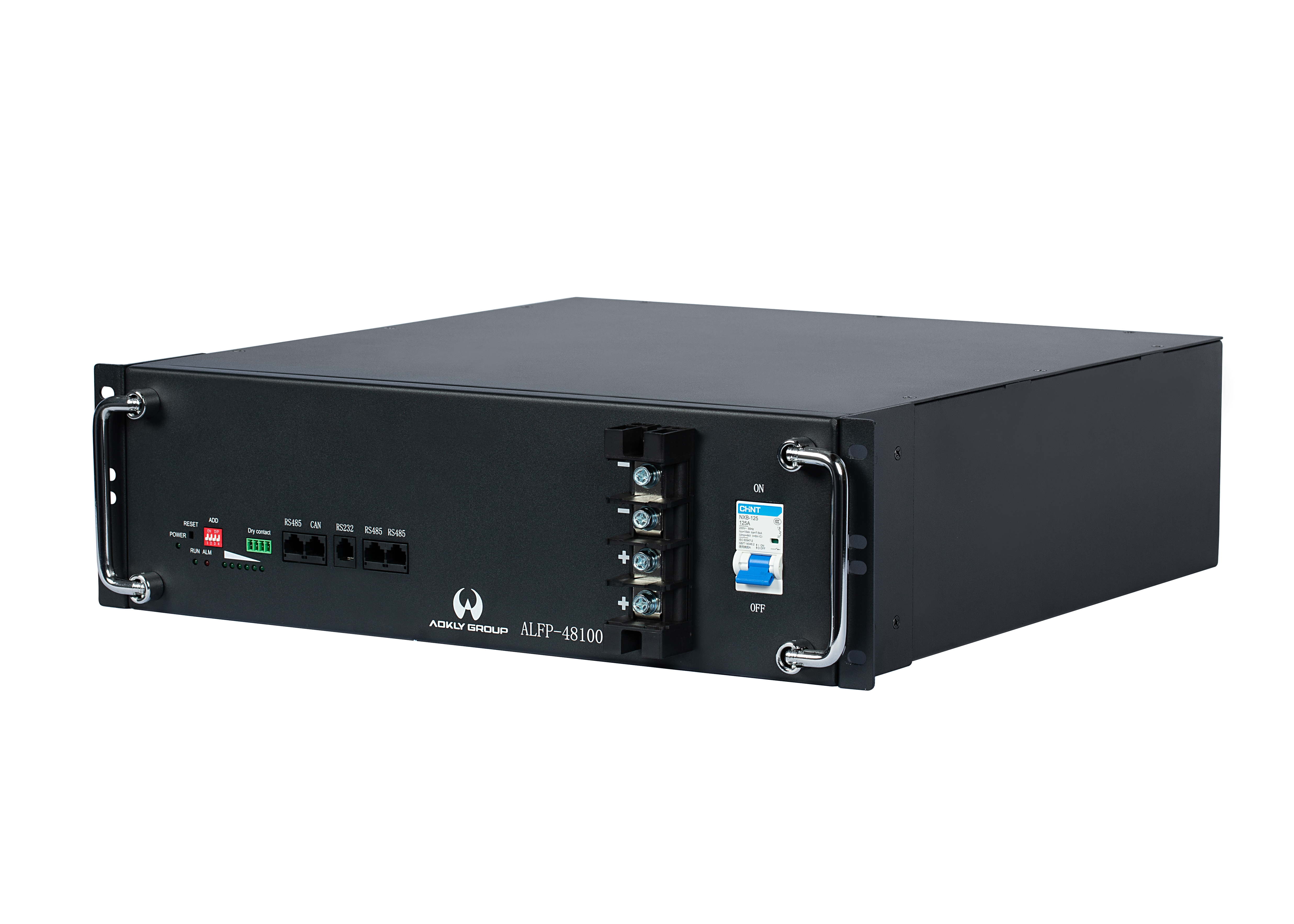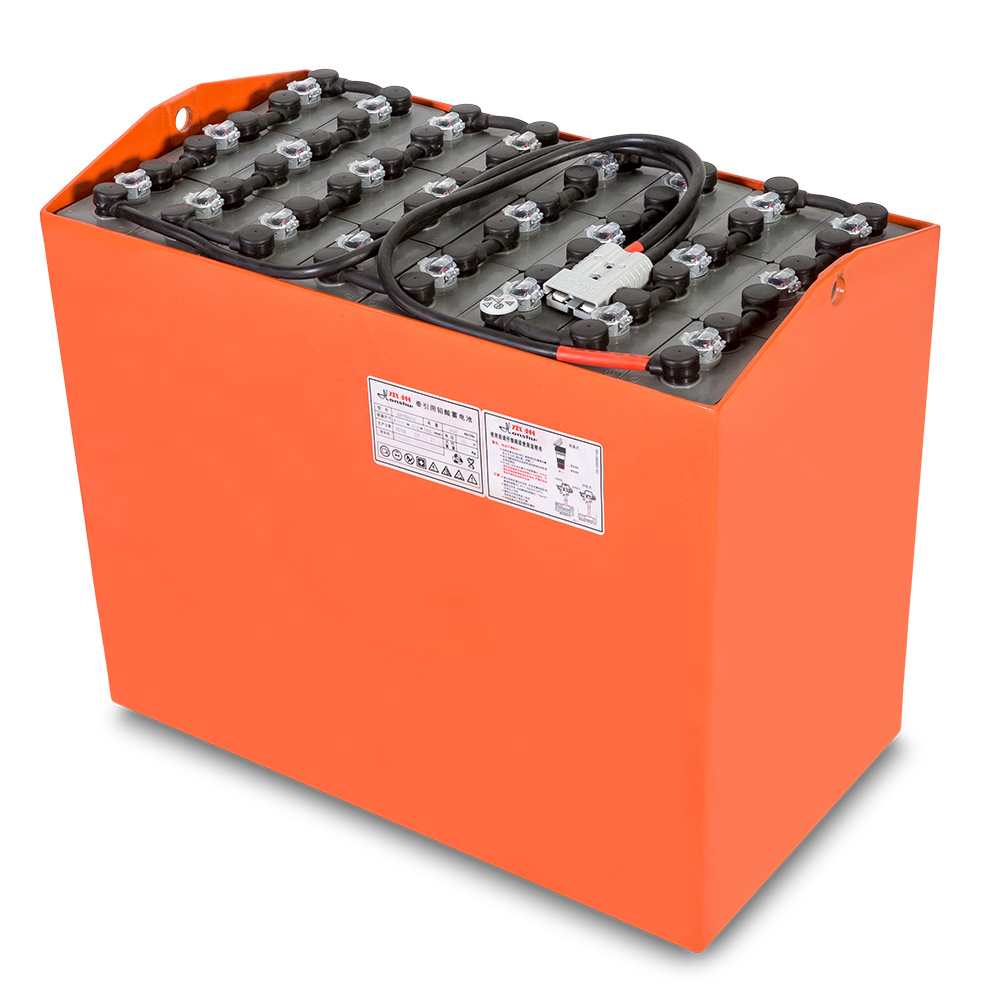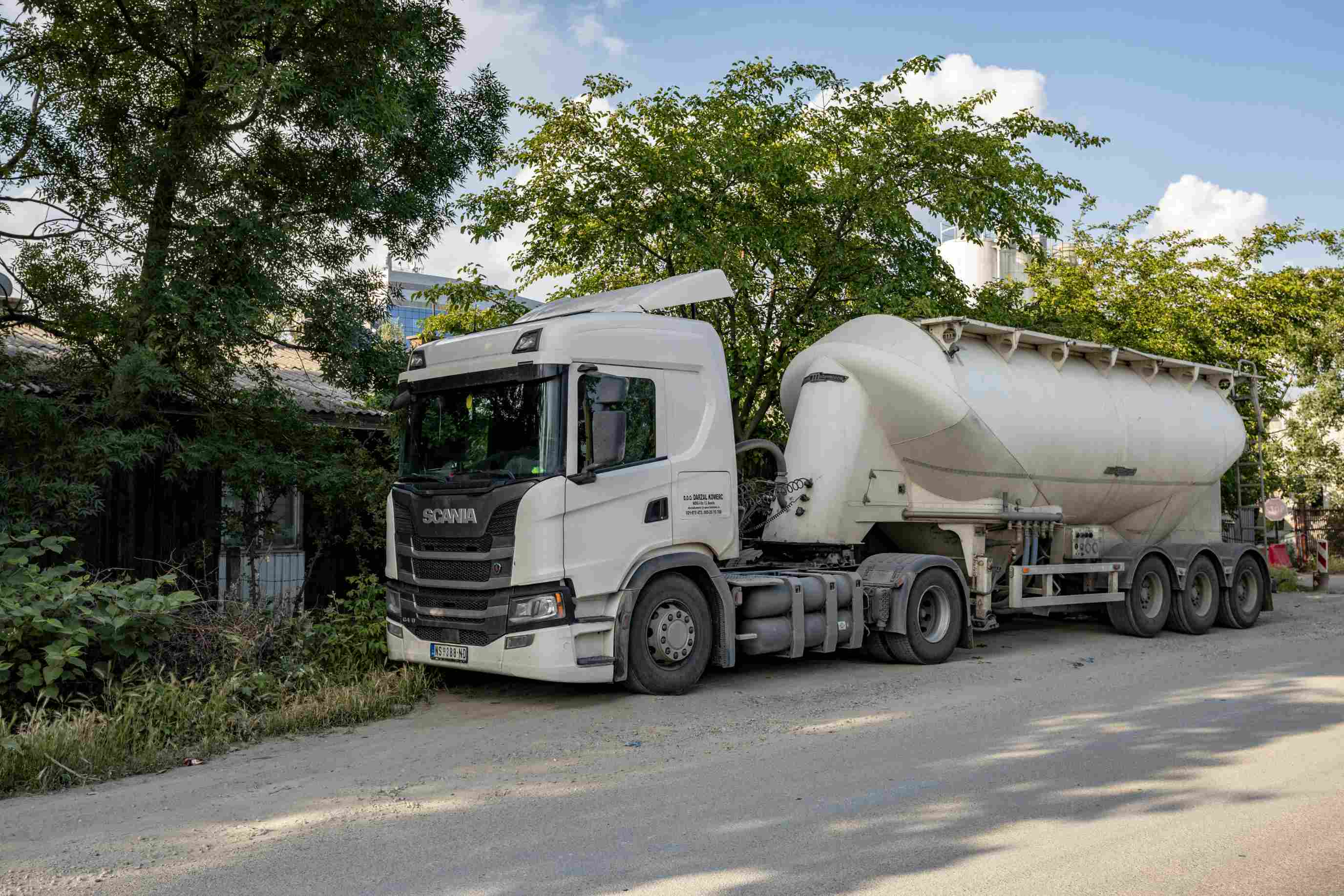In today's fast-paced industrial landscape, selecting the right battery technology is crucial for ensuring optimal performance, reliability, and cost-effectiveness. Two of the most common battery types used in industrial applications are lithium-ion and lead-acid batteries. Each has its own set of advantages and disadvantages, making it essential to understand their differences to make an informed decision.
In this article, we'll explore the key characteristics of lithium-ion and lead-acid batteries, helping you determine which one best suits your industrial needs.
Lithium-Ion Batteries
Lithium-ion batteries have gained significant popularity in recent years due to their superior performance and advanced features. Let's take a closer look at the advantages and disadvantages of industrial lithium-ion batteries.
Advantages
One of the most notable advantages of lithium-ion batteries is their high energy density. This means that they can store more energy in a smaller and lighter package compared to other battery types. The lightweight and compact nature of lithium-ion batteries makes them ideal for applications where weight and space are critical factors, such as in electric vehicles and portable equipment.
Another significant benefit of lithium-ion batteries is their long lifespan. With proper care and maintenance, industrial lithium-ion batteries can last for several years, often outlasting their lead-acid counterparts. This longevity translates to reduced replacement costs and less downtime over the life of the equipment.
Lithium-ion batteries also excel in terms of fast charging capabilities. They can be charged much more quickly than lead-acid batteries, minimizing downtime and allowing for more efficient operations. This is particularly advantageous in applications where frequent charging is required, such as in material handling equipment and backup power systems.

Industrial Lithium-Ion Battery
Disadvantages
Despite their numerous benefits, lithium-ion batteries do have some drawbacks. One of the main concerns is their higher upfront cost compared to lead-acid batteries. The advanced technology and materials used in lithium-ion batteries contribute to their higher initial price point, which can be a barrier for some industrial users.
Another consideration with lithium-ion batteries is the need for a battery management system (BMS). A BMS is essential for monitoring and regulating the charging and discharging processes, ensuring the safety and longevity of the battery. While a BMS adds an extra layer of protection, it also increases the overall complexity and cost of the battery system.
Lastly, lithium-ion batteries have potential safety concerns if not properly managed. Overcharging, physical damage, or exposure to high temperatures can lead to thermal runaway, which may result in fire or explosion. However, these risks can be effectively mitigated by cooperating with experienced and professional lithium-ion battery manufacturers who can provide proper battery design and manufacturing, adhere to safety guidelines, and more.
Lead-Acid Batteries
Lead-acid batteries have been a staple in industrial applications for decades, offering a reliable and cost-effective solution. Let's explore the advantages and disadvantages of lead-acid batteries.
Advantages
One of the primary advantages of lead-acid batteries is their lower upfront cost compared to lithium-ion batteries. The materials and manufacturing processes used in lead-acid batteries are well-established and less expensive, making them an attractive option for budget-conscious industrial users.
Lead-acid batteries have a proven track record, with a long history of use in various industrial applications. This extensive experience has led to a deep understanding of their performance characteristics, maintenance requirements, and potential limitations, providing users with a sense of familiarity and confidence.
Another advantage of lead-acid batteries is their reliable performance. They are known for their ability to deliver consistent power output and withstand demanding operating conditions. This reliability is crucial in applications where uninterrupted power supply is essential, such as in backup power systems and off-grid installations.
Lead-acid batteries are also highly recyclable, with a well-established recycling infrastructure in place. The lead and other materials used in these batteries can be recovered and reused, reducing their environmental impact and contributing to a circular economy.

Lead Acid Forklift Battery
Disadvantages
Despite their proven reliability and cost-effectiveness, lead-acid batteries have some limitations. One of the main drawbacks is their lower energy density compared to lithium-ion batteries. This means that lead-acid batteries are typically heavier and bulkier for the same amount of energy storage, which can be a challenge in applications where weight and space are critical factors.
Another disadvantage of lead-acid batteries is their shorter lifespan compared to lithium-ion batteries. While well-maintained lead-acid batteries can still provide several years of service, they generally have a lower cycle life and may require more frequent replacements, especially in demanding industrial applications.
Lead-acid batteries also have slower charging times compared to lithium-ion batteries. This can result in longer downtime during charging cycles, which may impact productivity and efficiency in industrial settings where continuous operation is crucial.
Comparison of Lithium-Ion and Lead-Acid Batteries for Industrial Applications
When evaluating lithium-ion and lead-acid batteries for industrial applications, several key factors should be considered.
Energy density and weight are important considerations, especially in applications where space is limited or where the battery needs to be frequently moved. Lithium-ion batteries have a clear advantage in this regard, offering higher energy density and a lighter weight compared to lead-acid batteries.
Lifespan and maintenance requirements are also critical factors. Lithium-ion batteries generally have a longer lifespan and require less maintenance compared to lead-acid batteries. This can result in lower long-term costs and reduced downtime for maintenance and replacements.
Cost analysis over the battery's lifetime is another important consideration. While lithium-ion batteries have a higher upfront cost, their longer lifespan and reduced maintenance requirements can often result in a lower total cost of ownership over the battery's lifetime. However, the specific cost-benefit analysis will depend on the application and the user's specific requirements.
Safety and environmental factors should also be taken into account. Lithium-ion batteries have potential safety concerns if not properly managed, while lead-acid batteries have a well-established safety record. However, lead-acid batteries contain hazardous materials and require proper handling and disposal to minimize environmental impact.
Choosing the Right Battery for Your Industrial Needs
Selecting the right battery for your industrial application requires careful consideration of your specific requirements and priorities.
Assessing your application's power and energy storage needs is the first step. Consider factors such as the required voltage, capacity, and discharge rate to ensure that the chosen battery can meet your performance demands.
Budget constraints and long-term costs should also be evaluated. While lithium-ion batteries may have a higher upfront cost, their longer lifespan and reduced maintenance requirements can often result in a lower total cost of ownership. However, if initial budget is a primary concern, lead-acid batteries may be a more suitable choice.
The importance of factors such as weight, size, and charging speed should also be considered. If your application requires a lightweight and compact battery with fast charging capabilities, lithium-ion batteries may be the preferred choice. However, if these factors are less critical and cost is a primary concern, lead-acid batteries may be a viable option.
Consulting with battery experts, such as those at Aokly, can provide valuable insights and personalized recommendations based on your specific industrial needs. Aokly's team of experienced professionals can help you navigate the complexities of battery selection, ensuring that you choose the right technology for optimal performance and cost-effectiveness.
Conclusion
Choosing between lithium-ion and lead-acid batteries for your industrial needs requires a thorough understanding of their key differences and characteristics. Lithium-ion batteries offer high energy density, a long lifespan, and fast charging capabilities, making them well-suited for applications where weight, space, and performance are critical factors. However, they come with a higher upfront cost and require a battery management system.
On the other hand, lead-acid batteries have a lower upfront cost, proven reliability, and are highly recyclable. They are a cost-effective choice for applications where budget is a primary concern and where the limitations of lower energy density and shorter lifespan are acceptable.
Ultimately, the right battery choice depends on your specific industrial application, budget constraints, and long-term performance requirements. By carefully evaluating these factors and consulting with reputable battery manufacturers like Aokly, you can make an informed decision that optimizes performance, cost-effectiveness, and overall value for your industrial needs.
Remember, investing in high-quality industrial battery solutions from trusted manufacturers is essential for ensuring reliable and efficient operations. Aokly, with its extensive experience and commitment to innovation, is well-positioned to provide expert guidance and cutting-edge battery technologies tailored to your unique industrial requirements.

 EN
EN 




